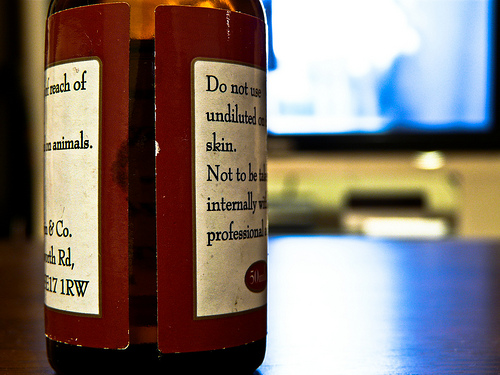For those just getting their feet wet with essential oils, there is a whole lot to learn. The following post includes a few suggestions you can use to get you started when it comes to treating common problems and ailments.
Aromatherapy is the use of essential plant oils to promote health and well-being. Although the practice of practice of aromatherapy was introduced by French chemist Rene-Maurice Gattefosse in 1928, the therapeutic use of essential oils dates back almost 6,000 years. Ancient cultures the world over used essential oils as medicines as well as fragrances and cosmetics. They were also used in religious rituals.
Today, aromatherapy is popular with healthcare professionals, and alternative health practitioners. Consumers can also buy products containing essential oils from drug stores, organic markets, and online retailers like Amoils.com.
Below is a list of common maladies that you can treat with essential oils. You can either blend the oils yourself, or purchase premade blends.
Acne
It may seem counterproductive to use oils to treat acne, but essential oils can actually help relieve some of the conditions that can contribute to acne outbreaks. For example, eucalyptus essential oil can actually reduce oil production and kill the bacteria that causes acne. Washing with eucalyptus-infused soap can help control and prevent acne breakouts. Clary sage, lavender, lemon, and tea tree oil can also help balance oily skin. By mixing these oils with witch hazel, you can apply them as an oil-clearing skin toner.
Nausea and Vomiting
Because essential oils are highly concentrated, you should avoid ingesting them. However, the smell of certain oils can actually relieve nausea and vomiting. Inhaling a few drops of ginger, spearmint, peppermint, or a combination of all three on a tissue or handkerchief can relieve nausea caused by motion sickness and other factors.
A blend of basil, peppermint and lavender, mixed in carrier oil, and rubbed into your hands, can relieve vomiting.
Toothache
Clove oil is a natural anesthetic with antibacterial properties. Rubbing a drop onto your gums can relieve the pain associated with a toothache, and may even slow down bacterial activity until you can get to the dentist. If you don’t have clove oil handy, you can also steep cloves in hot water, let the water cool, then swish the liquid around your mouth.
Clove “tea” is not as strong as actual clove oil, but you can use it in a pinch if clove oil is not available.
Athlete’s Foot
Dr. Weil recommends tea tree oil, which has natural antifungal properties, to treat the itching and inflammation associated with athlete’s foot. He recommends applying a light coating of the oil directly to the affected area two or three times a day, for at least two weeks.
He also recommends tea tree oil for fungal nail infections.
Skin Tags
Skin tags are benign skin growths that look like small spheres of hanging skin. These are harmless but can be cosmetically irritating. Oils are a great option if you are looking to remove them at home. Sites like Amoils.com have natural skin tag products that combine a number of oils to get the job done.
Alternatives to Mixing Your Own Oils
If you are uncomfortable with the idea of mixing your own oils, you can also purchase premade blends designed to treat specific condition. In most brick and mortar stores, these blends are located near the individual essential oils. When shopping on line, you can usually find them through the same companies that sell the individual oils.



